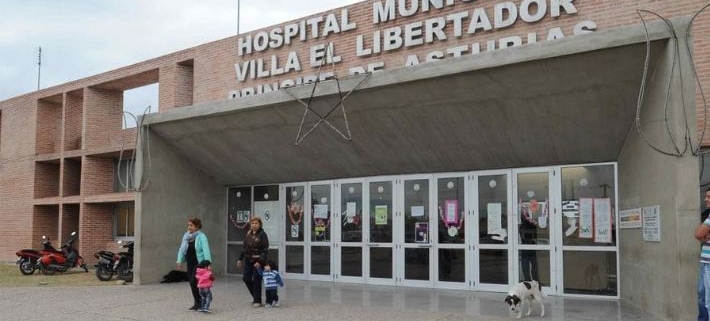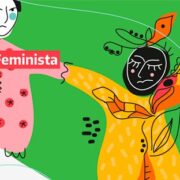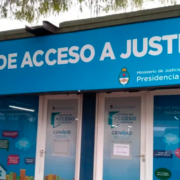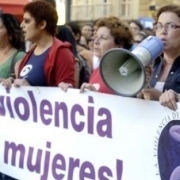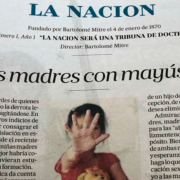Training on the Law of Voluntary and Legal Interruption of Pregnancy in multiple sectors
From the areas of Legal Affairs and Gender and Sexual Diversity, during the last few months we have been participating in different instances of training and education on the legal framework that regulates access to the Voluntary and Legal Interruption of Pregnancy (IVE/ILE).
“Below, we offer a google translate version of the original article in Spanish. This translation may not be accurate but serves as a general presentation of the article. For more accurate information, please switch to the Spanish version of the website. In addition, feel free to directly contact in English the person mentioned at the bottom of this article with regards to this topic”.
The different training instances were given in collaboration with the Faculty of Social Sciences, the Faculty of Medical Sciences of the National University of Córdoba, and the Príncipe de Asturias Municipal Hospital. Training was provided on the current legal framework that regulates the legal interruption and voluntary interruption of pregnancy, in particular on Law 27610, and Law 26529 on the rights of patients in their relationship with health professionals and institutions.
As a result of this, on July 7 we presented a presentation in the training “The right to voluntary and legal interruption of pregnancy” at the Príncipe de Asturias Municipal Hospital, aimed at its health team and the zonal Health Centers, Residents of General and Family Medicine, organized by the Comprehensive Sexual Health Commission of the Directorate of Primary Health Care of the Municipality of Córdoba.
We were also providing training on this topic to students in training at the Faculty of Medical Sciences, in the second class of the Optional Module “Right to legal abortion in Argentina: comprehensive approach” on August 27; and recently in the Faculty of Social Sciences under the Extension Seminar “Access to abortion from a rights perspective”, on Monday, September 5.
Through these education and training instances we intend to collaborate with the improvement and improvement of this practice from a legal and comprehensive perspective, respectful of human rights and in accordance with the most current regulations. In this way, we pay for the training of more professionals who facilitate the exercise of the rights of women and pregnant people, whom we consider to be guarantors of rights and human rights defenders.
Author
Luz Baretta
Contact
Mayca Balaguer, maycabalaguer@fundeps.org
*Photograph taken from the newspaper La Voz Del Interior

